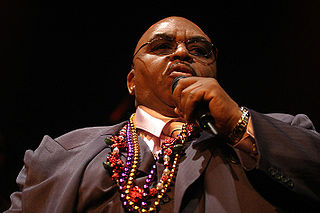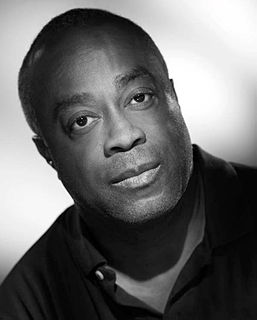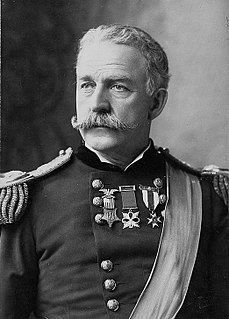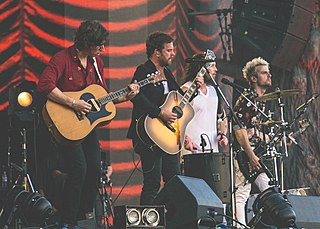A Quote by Solomon Burke
We were using the record as a tool to invest money into real estate all through the South, because we were living in an era where the South was changing.
Related Quotes
At the beginning of the 20th century, before the migration began, 90 percent of all African-Americans were living in the South. By the end of the Great Migration, nearly half of them were living outside the South in the great cities of the North and West. So when this migration began, you had a really small number of people who were living in the North and they were surviving as porters or domestics or preachers - some had risen to levels of professional jobs - but they were, in some ways, protected because they were so small.
Coming from the South and growing up in L.A. where it was so segregated - worse than the South in many ways - all the people in my neighborhood were from the South. So you had that Southern cultured environment. The church was very important. And there were these folk ways that were there. I was always fascinated by these Southern stories, people would share these mystified experiences of the South. I wanted to talk about folklore.
Most of us who were opposed to the war, especially in the early '60's - the war we were opposed to was the war on South Vietnam which destroyed South Vietnam's rural society. The South was devastated. But now anyone who opposed this atrocity is regarded as having defended North Vietnam. And that's part of the effort to present the war as if it were a war between South Vietnam and North Vietnam with the United States helping the South. Of course it's fabrication. But it's "official truth" now.
I have dear friends in South Carolina, folks who made my life there wonderful and meaningful. Two of my children were born there. South Carolina's governor awarded me the highest award for the arts in the state. I was inducted into the South Carolina Academy of Authors. I have lived and worked among the folks in Sumter, South Carolina, for so many years. South Carolina has been home, and to be honest, it was easier for me to define myself as a South Carolinian than even as an American.
My parents are from the South - they were both born in Birmingham - so my dad saw R.E.M. really early on when they were playing college stuff in Athens. He had a bunch of their cassettes from the '80s, and when I was 8, 9, or 10, those were the sort of things that were around the cassette player in the living room.




































